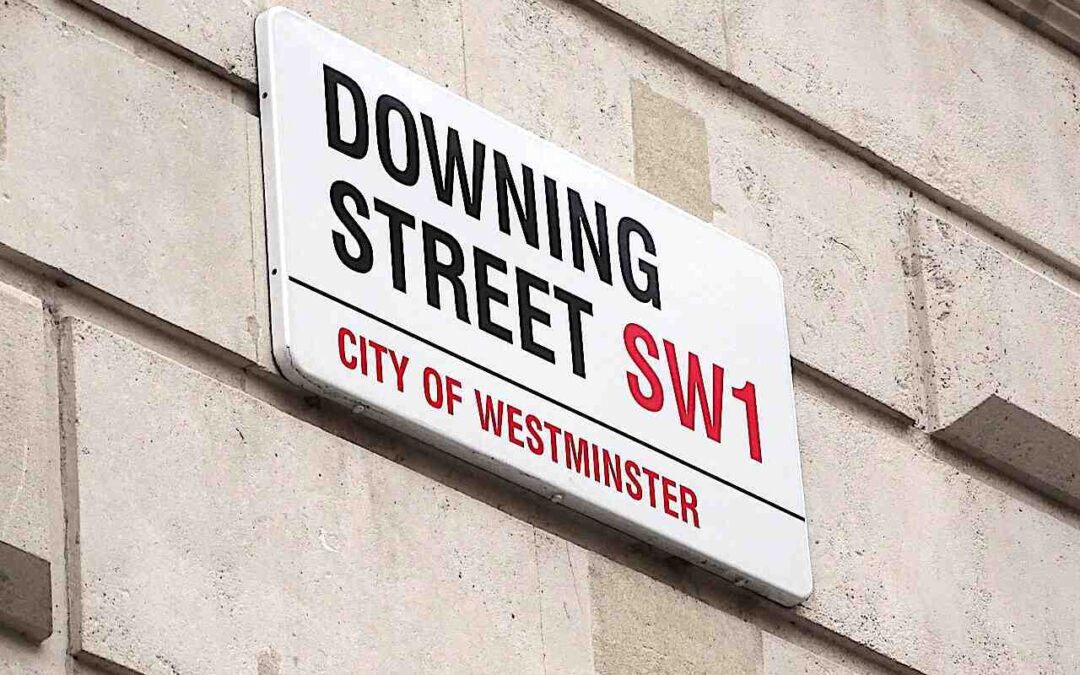More than 18 months on since the start of the Covid-19 pandemic, the number of employees raising a formal grievance is increasing. So what has caused this unprecedented ‘rise of the grievance’? While there are a number of factors contributing towards post-pandemic disgruntlement, it may be the feeling of autonomy of working from home, the effects of furlough and lockdowns have combined and led to this.
There is also an increase in grievances being used by employees, (who have become more savvy due to online research), as a distraction or delaying tactic during disciplinary or performance management processes. Staff may also see grievances as a way to get someone else to sort out their problems rather than do it themselves. We believe all of this applies, and Covid-19 has provided more opportunity for grievances to be made by employees. So what can an employer do and how should they deal with the grievances?
What type of grievances are being raised?
Since the government relaxed its ‘work from home’ guidance back in July 2021, employees have slowly been returning to the office. At the same time, some employers have encouraged employees to continue home working and implemented a hybrid working approach to work. This has triggered grievances.
Returning to Work – After such a long time working from home, some employees may be reluctant about returning to work. This is particularly true of those who are still concerned about the pandemic, or those who have enjoyed the change to their work/life balance.
Some employees have either become comfortable working from home and/or remain concerned about contracting COVID-19 and are resistant to returning to work. Employers have a tricky tightrope to walk especially in a tight labour market.
To avoid grievances being made employers should be consulting with their staff about a return to work and ideally incorporate a gradual easing in back to work. For staff who have disabilities, caring responsibilities or who are pregnant, special consideration should be given to adapting their return to work. It is also important to be consistent and clear on your expectations on returning to work as far as possible to avoid grievances.
Flexible Working Hours – We expect employers to see an increase in formal flexible working requests. Employees may now change their working patterns in some instances to continue to work from home, or in others to enable them to continue to do the school run, or because they have acquired dogs. In these circumstances, managers should consider each request with an open mind, and follow the statutory process.
If an employee objects to how a flexible working request has been dealt with, they can appeal the decision but may also raise a grievance too. It’s also worth nothing the government is consulting on flexible working and we can expect changes in 2022.
‘No Jab, No Job’: Compulsory Vaccinations – Within the care home sector, we have already seen an increase in grievances after the government introduced legislation to make vaccinations compulsory to enter care homes. Unions, including Workers of England Union have been involved in many grievances raised against care homes.
For other employers, vaccination policies should be implemented cautiously as they have the potential to lead to grievances and discrimination claims, so it is important to get specialist employment law advice. The Equality and Human Rights Commission has spoken out against a “no jab, no job” approach, saying that it may discriminate on the basis of disability, religious or philosophical belief.
Health and Safety Concerns – Employers are legally required to carry out Covid-19 health and safety risk assessments for their workplaces, with careful consideration being paid to desk spacing, ventilation, cleaning, lifts, toilets, visitors and so on. Although mask wearing is not compulsory, some staff may feel more conformable with them whilst others may have a different view. As a result employees who feel their employers are not meeting their legal obligations or are not happy with the safety measures in place may raise a grievance, or make a complaint to the HSE.
Pay and benefits – Staff who have been based at home may now think that going back to work will cost them money for travel etc. If you have introduced home working, then staff may want more money to pay for heating and electricity. Employers may encounter a range of complaints around pay and benefits.
To avoid discrimination, equal pay claims or other complaints, employers should ensure that they commit to paying equal pay and comply with the National Living Wage for those 23 years and over and the National Minimum Wage for those under 23 years.
How to Deal with a Grievance
Under the Employment Rights Act 1996, employers are required to have a process for dealing with grievances. It should also set out what happens next if they make a formal grievance. Having a clear and detailed procedure is also the most efficient way to handle a grievance. It should also be providing it in writing to employees and workers The policy should state who the employee should raise a grievance to and encourage informal resolution by raising concerns verbally first. It should also set out what happens next if they make a formal grievance. It’s important employees understand the next steps will involve an investigation as often they think that after submitting the grievance it will be resolved by someone else without recourse to them.
One other thing to highlight in your procedure is what happens if someone submits a grievance maliciously to avoid these happening. Dealing with formal grievances lodged by an employee can be extremely time consuming for managers and may have conflicts for the professionals. If you have a conflict or need help with them, our team of HR Consultants can conduct the grievance process and take meetings on your behalf.
How to Handle Employee Grievances During a Disciplinary Process
Increasingly, employees raise grievances as a means to disrupt an employer’s business, or a disciplinary process. These grievances may be tactical and used as a distraction or delaying tactic by employees. Employers need to be equipped to handle this.
In some circumstances, it may be appropriate to suspend or delay the disciplinary process whilst you deal with the grievance. This may not always be required though, and also depends on what has been raised as a grievance. If the issues sufficiently overlap, they could be considered together.
As we return to the workplace, and employees adapt to new ways of working, employers not only need to think about how to avoid grievances but be ready to deal with more grievances than ever before.







